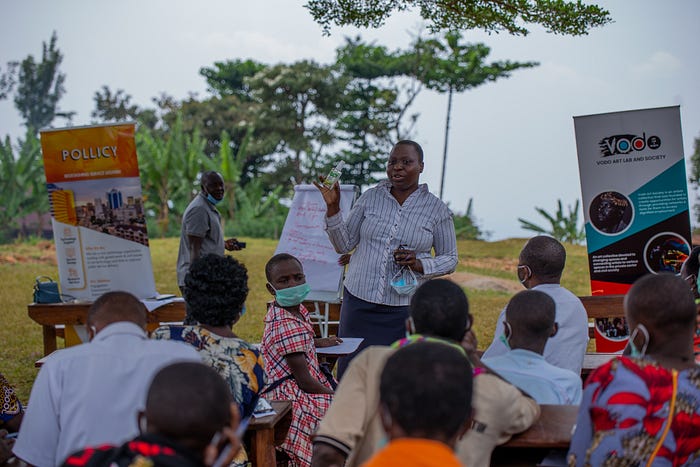
Introduction
More than 5 billion people globally now have some form of access to the Internet and/or digital platforms. Their use ranges from social media platforms including WhatsApp or Facebook to localized applications for micro-loans and crop projections.
Yet, keyboards are not designed for many non-English languages, especially those that do not use Latin scripts. Unicode only supports about 150 languages, a small percentage of the over 7,000 spoken languages worldwide. More than 60% of web pages are in English, despite the fact only around 16% of the world’s population speaks this language. Speaking an “official” language, especially those in Western Europe, you are more likely to find digital options in your first language. Facebook is seen as the most inclusive option; yet, with 111 languages, that only represents less than 2% of all spoken, contemporary languages.
Besides the crowding out of Indigenous or non-majority languages from online spaces, the dominance of English and a handful of primarily Western languages widens the digital divide among users worldwide. Indigenous languages that do not have majority purchase in a given country or context are disposed of in favor of more common languages. For example, KiSwahili is the primary language spoken and used in Tanzania, yet there are over 120 Indigenous languages documented in the country. Designating local languages as the national language is useful for propelling their status and resources online, but leaves other languages to languish in obscurity or obsolescence. It may accelerate the disappearance of Indigenous languages.
The issue is that catering towards local languages is cited as a bad business case for large technology firms. Firms see a profit in bringing more middle- and upper-class citizens online who prioritize the learning and use of English in their professional and personal lives, rather than low-income, illiterate and/or rural communities that would need more accessible, affordable and widespread access to technology. As a result, languages making the transition to online spaces tend not to be the most vulnerable. For commercial reasons, platforms such as Facebook tend to focus on adding languages that are likely to be most lucrative.
Legacies of colonialism in the global South have also harmed linguistic structures, which then reflects what languages are used online in those contexts. The Internet perpetuates legacies of colonialism; the World Wide Web was created in the global North, including its languages and terms of use, while new users have to adapt to the platform rather than the other way around. Even when languages are present online, their terminology is poor. Languages such as Luganda or KiSwahili have to transliterate English terms related to technology because the words or syntax simply do not exist in that language. As a result, the digital divide that we already have documented in low-income settings will further stratify non-majority language speakers from a fully inclusive Internet and digital space.
What next?
Think about the Internet that you engage with on a daily basis. In what language do you write your emails, social media posts, WhatsApp messages? Is it the same language you were exposed to as a child, that you were taught in school? More importantly, how can the digital onboarding of language may empower, limit, extend and enrich user engagement? Increased online presence globally will be a double-edged sword for low-resourced languages. Some, like Hindi and KiSwahili, will gain even more traction online, while languages with smaller speaking populations will fade out of use in favor of more accessible, resourced ones.
As such, Technology companies need to prioritize the resourcing of non-majority languages by hiring Indigenous speakers, expanding services to more countries and languages, and localize available software and code.
Our project
Because of this, Pollicy, in partnership with the Digital Futures Lab and the Internet Society Foundation, is leading a project about the experiences and challenges that non-English speakers face online, primarily focusing on issues of access, usability and safety. Through dozens of key expert interviews, over twenty focus group discussions, and fifteen ethnographic diaries, we aim to collate data and experiences of user groups and software developers to better inform stakeholders in the field on how to design, disseminate and implement applications and technology that better serve the majority of global populations: those who do not speak English as a first language.
Preliminary findings indicate that languages spoken by the respondents in social and cultural context overlap with realities online; showing that physical realities are often reflected online, whether positively or negatively. Our research aims to understand and untangle the complex relationships that users (new and existing) have in different contexts with the languages they use and are confronted with in digital spaces. We seek to amplify the need for minority/non-majority languages to be similarly resourced online, propelling their users into digital spaces to also maximize their benefits.
Read our white paper here, published in Amharic, Swahili and Luganda in addition to English. Findings from our primary research study will be available by the end of 2022.
Written by Meital Kupfer, for Pollicy
